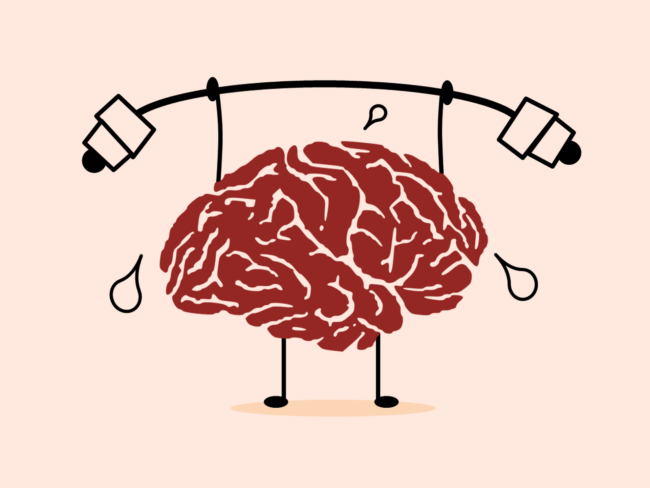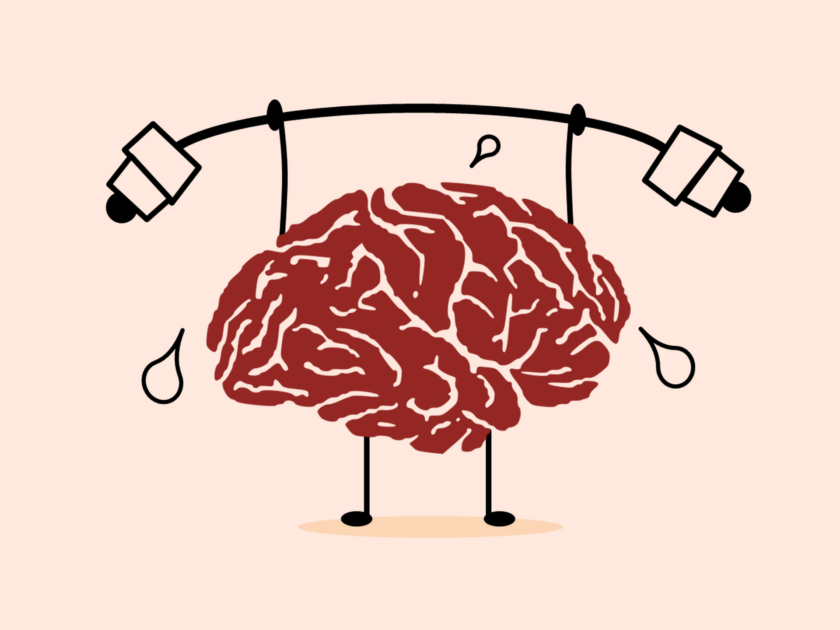
The Brain Training concept is supposedly this. Playing specific games is akin to physical exercise for your Brain. By playing such games you are exercising your Brain, and thus improving it, and keeping it sharp and in tip top shape.
Over the years there have been various studies that suggest “Nope, it does not work like that”. Then up pops some paper that appears to conflict with that and finds what appears to be some evidence that there just might be something to it. So what is the truth?
Part of the criticism of many small studies is that the number of people involved was too small, and also the period of time that their players used brain training was not long enough, to reach a decisive robust conclusion. In the context of the Brain Training question, that just changed. The results of a new study have just been published within the Journal of Experimental Psychology. The title of the published paper is one that gives the game away regarding their conclusion: “Brain training habits are not associated with generalized benefits to cognition: An online study of over 1000 “brain trainers”.
They do make a point of pointing out the problem with the answer not being previously known due to the serious flaws within many previous studies …
the literature is replete with studies that use ill-defined criteria for establishing transferable improvements to cognition, often using single training and outcome measures with small samples
As you might perhaps anticipate, they have addressed that problem within their study.
What exactly did they do?
They ran a large-scale study that involved a rather diverse set of over 1,000 participants. To be a tad more precise, they recruited over 8,000 via Cambridge Brain Sciences, and from that group they found that just over 1,000 of them actively used brain training games, and some had been doing so for as long as five years.
In other words, with many people who don’t play such games, and many who did, they could compare their general cognitive skills. My guess is that the folks who liked playing games would have had fun being measured via memory exercises, spatial reasoning tasks, pattern-finding puzzles, and strategy challenges.
What Did they find?
Well yes, you already know, but here it is in their own words …
We found no association between any measure of cognitive functioning and whether participants were currently “brain training” or not, even for the most committed brain trainers. Duration of brain training also showed no relationship with any cognitive performance measure. This result was the same regardless of participant age, which brain training program they used, or whether they expected brain training to work.
In other words, those using Brain Training games had no measurable improvement in any brain function when compared to those that did not use them.
To use the precise words of the lead author of the study, Bobby Stojanoski, a cognitive neuroscientist at Western University in Ontario …
“No matter how we sliced the data, we were unable to find any evidence that brain training was associated with cognitive abilities,”
Rather obviously there is a vast industry out there flogging Brain Training games on the false assumption that these games will improve your brain, so this study is a huge kick in the teeth for the entire business model behind all of that.
Is there any Benefit at all from Brain Training games?
In one sense yes. If you play a specific game, and keep on practising that game, your skill at playing that specific game improves. Over time you become very very good at playing it. Well yes, I’m not speaking in theory, that has been my personal experience. However, if you then pickup a new game, then unless the games are very very similar, you are back to starting from scratch. In other words, practising with such games does enable you to become good at playing such games, but sadly it does not enhance your general cognitive skills. If it did, then I along with several others, should by now have become superhero.
